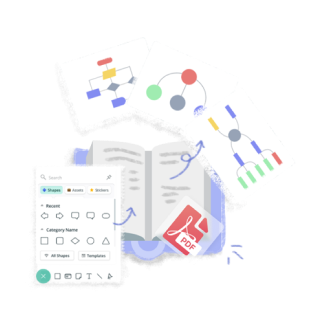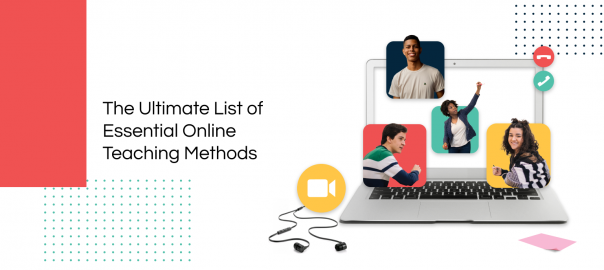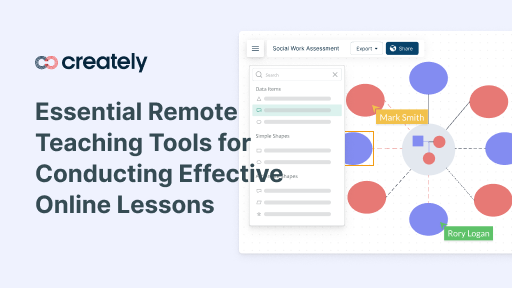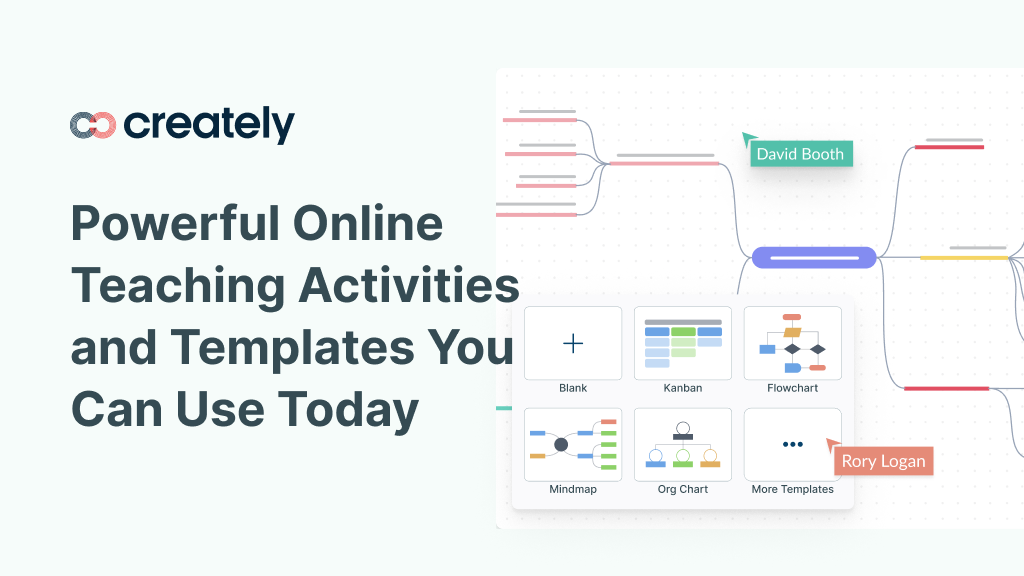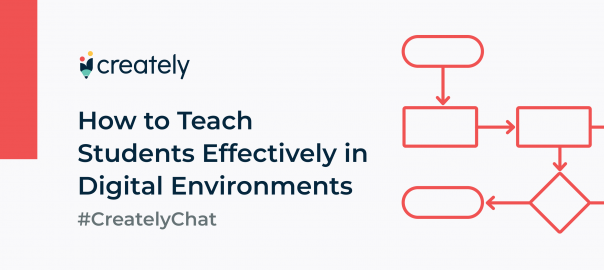One of the very few things in the world that are not subjective is efficacy. Efficacy is measurable and is often looked at in terms of results produced. As an educator, a teacher’s productivity is often assessed in the positive changes added to the classroom. Needless to say, given how diverse student behaviors are, you can sometimes face unprecedented challenges. With a diverse class where students are not engaged enough, classroom management needs a top-notch approach. As a teacher, when you blend your vast knowledge with result-oriented classroom management strategies, you catapult massive positive changes.
The impacts of a teacher’s efficacy are linked to student accomplishments directly. To substantiate, as per a study, systematic classroom management is linked to a 20 % increase in student achievement. Besides, students, these days are competitive and immensely curious as well.
They are happy to learn something new every day and add value to their life. However, there would always be some disengaged students disrupting the balance of the classroom. On top of it, there would be some notorious elements in the classroom creating nuisance all around. That is where your management skills will be put to the test each day.
Of course, you are a fantastic teacher who is happy to go out of your way to better your students. You need to be a great leader and manager as well to master classroom management.
In this meticulous post, you will find some unique and pragmatic classroom management strategies. You are doing a great job already, but you can always make things better and easier for you with some innovation. Let us shed light on how you can ace the art of classroom management.
Foster working student-teacher relationships
In the corporate world, workplace communication and relationships are vital. They are among the core prerequisites of high employee engagement.
Similarly, for high engagement in the classroom, healthy student-teacher relationships are critical. These relationships should be driven by mutual trust and collaboration. It is true for sure that students should respect their teachers.
At the same time, a teacher should respect students’ uniqueness, diversity, beliefs, and perspectives. To indulge students in active learning, you should empower your students and their ideas. This engagement further has the potential to translate into more outstanding academic achievements.
Besides, you should inspire in them the confidence that you are always happy to answer the curious questions they ask. In this way, you will be able to foster a culture of collaboration.
Your students will not be hesitant to share their emotions, feelings, and concerns with you. That is how ideal and healthy relationships should be, isn’t it? As an added advantage, amiable student-teacher relationships also fulfill the social-emotional learning requirements. But in the present trends of hybrid learning, the dynamics are different.
Student-teacher relationships will take a setback as students have not met teachers for a long time in the pandemic. You might have to evolve better strategies to build working relationships in virtual classrooms. Here are a few suggestions in this regard.
- Among the simplest and most effective strategies is the practice of sharing peer-to-peer feedback in virtual classrooms.
- Conduct parent-teacher conferences to clearly discuss and outline student progress with families. By having direct conversations with students and their parents, teachers can clearly communicate student progress, evaluate strengths, address needs, and offer advice and solutions to continue student advancement.
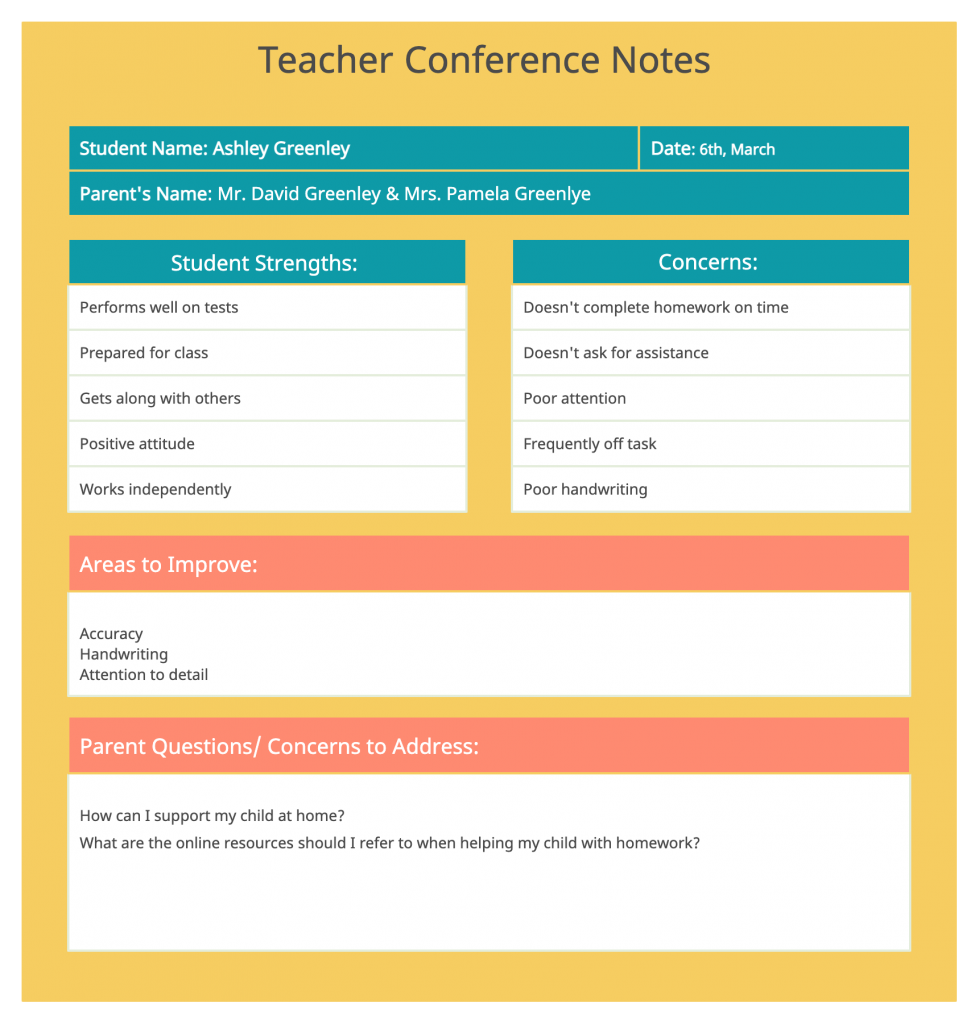
- You can ask students about their well-being and also about the overall wellness of their families.
- In addition to promoting the overall idea of wellness, you can also keep a check on the mental health of students. Empathy for mental wellness is a key determinant of effective relationships these days
- You can greet each student individually by calling out their names
- You can explain to them during online classes how they can reach out to you for individual doubts
- You can find ways to motivate students during online classes. This can come in the form of storytelling or you can run small snippets that promote inspiration
- Give students a small window of time during classes to display their talents. If someone wants to recite a poem towards the end of the class or narrate a story or share their paintings, let them. In fact, you should encourage students to do so. This will inspire in them greater confidence to express themselves.
- Have everyday customs and traditions that are a part of the class. These ideas can include the picture of the day, you narrating the thought of the day, sharing pictures of pets, and so on.
- Innovate on extending additional and effectual support to students who face difficulties in online learning. Try to understand their challenges and offer tender help.
- Educate students about time management and the management of digital fatigue
Reward improvements
In most cases, we only celebrate achievements and results. But as a teacher, to get the best out of your classroom, you need to make students believe in the process.
One amazing way of doing that is identifying, celebrating, and rewarding improvements. By doing so, you can capture your students’ motivation and make them believe that every iota of hard work counts. Be it the corporate world or a classroom, rewards, and recognition are worthwhile elements of effective management.
You should make sure that you are not limiting your perspectives when you think of classroom management. You need to look outside the box and do the little unique things that others often underestimate.
When students see their fellow pupils win a teacher’s appreciation, they would want to be at the receiving end of it as well. Who does not like to be rewarded and complemented in front of his peers after all? The next time a student shows promising signs of improvement, let that be known to the class.
Effectual classroom management does require setting some good examples. These are the kind of examples that would set the benchmark for others. Even in a virtual classroom, you can extend your appreciation for students in a convenient manner.
Explore the possibilities of conducive collaboration
The old-school ways of stimulating collaboration may require some tweaks in times of remote learning. Student engagement in more than one way correlates to collaboration between classmates.
Further, as mentioned above, it is also dependent on how students and teachers work together. You should look to find more opportunities for providing students the platforms to collaborate. This can be done in the form of group activities or bringing creative extracurricular activities to the classroom.
With effective collaboration between them, students can manage their time better. Besides, it enables them to bifurcate a complicated task into smaller steps. Students learn from each other’s strengths and compensate for each other’s weaknesses.
Imagine when students start to manage each other so well, how proud a teacher you would be. Hence, by giving them the chance to collaborate, you empower them to play an active classroom management role. Your job is made simpler.
However, creating conducive collaboration in remote learning or hybrid learning will require modern solutions. You need to find productive ways of achieving high-scale virtual collaboration. One fabulous idea of doing so will be to use virtual whiteboards or state-of-the-art visual workspaces to simplify collaboration in remote setups.
By using digital platforms like Creately Visual Workspaces, students and teachers can collaborate and share knowledge in the most engaging and effective way. Such advanced workspaces are among the most accomplished verticals of artificial intelligence and innovation.
On these workspaces, students and teachers can collaborate in real-time to work on projects, plan together, execute plans in a coordinated manner and supervise each other’s work during group projects.
To add, students can work together for brainstorming ideas and teachers can offer additional support through such trailblazing platforms. While it makes teaching more wholesome for educators, it enhances the learning efficiency in students by many notches.
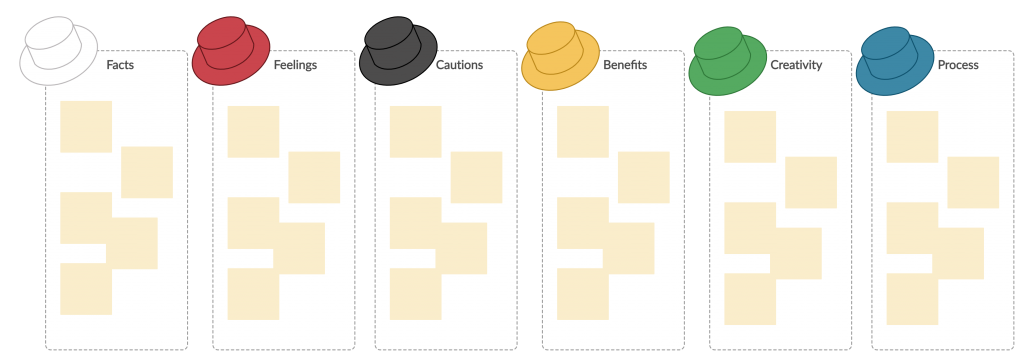
From students to working professionals, these virtual workspaces are benefitting millions of individuals in remote setups. It would not be incorrect to say that these futuristic workspaces are replicating traditional classrooms in the most proficient manner.
In fact, these are also alleviating the drawbacks of classroom teaching. Such an accomplished workspace is as good as a classroom or even better. They hold the key to the future of education and to integrate it to the earliest will be a masterstroke.
Create leadership opportunities in the classroom
One simple and successful way of engaging people is to give them important responsibilities. When people are given leadership roles, their attitudes change for the better.
They can relate to an enhanced sense of self-worth and see themselves as driving positive influences on others. In a classroom setting, one great way to manage students is to give them responsibilities. You further need to communicate to them what is expected of them as a leader.
To cite a small example, you should try giving leadership roles to some disengaged students in the classroom. Further, you should give them some important responsibilities and tell them that you are always there to support them.
When a disengaged student is given the crucial task of managing others, they will engage effectively by default. Making students realize they are worthy and giving them the chance to assess themselves by delegating tasks to them can be a rewarding strategy.
It makes students realize what they are capable of. At the least, such opportunities indulge students in learning essential life skills. Even the most minor leadership roles like being the class monitor or group leader in projects can change a person’s mindset.
Convey the true purpose of learning to students
Most students are influenced by the impression that the mere purpose of learning is to pass exams. The real purpose of education and learning is hence flawed in most parts of the world and takes the backseat. The idea of education in its entirety is centered around examinations and grades but you can take progressive measures to change these preconceived notions.
As an educator, you can play a great role in explaining to your students the real purpose of education and knowledge. You need to guide them that knowledge is something that will stay with them throughout their lives. For instance, you can tell them about yourself and other successful people you know about.
In doing so, you can emphasize the importance of education in adding to your illustrious success story. There are many stories of success to narrate to students but because you are their fondest role model, your narrative will have a great influence on them. You can tell them how the world has come so far because of education and how it continues to overhaul the world for the better.
They need to know how a specific element of learning will benefit them in life. How will it add value to their learning, and how will it impact their career and personality development. Otherwise, in a scenario where students are convinced that learning is all about clearing exams, they will not engage in the classroom.
They will be complacent that they can cram things a few days before the exams and clear them. Besides, they will devalue classroom learning with such a mindset and will rather engage in disruptive behaviors disturbing the class.
However, when they are made to understand the actual essence of learning, they will be more focused. They will want to learn actively. Given that, most challenges you face in classroom management can be neglected by default.
Address discipline issues with immediate effect
Be it a virtual class or a physical classroom, disruptions, and interruptions need to be addressed immediately. Not doing so can make students believe that it is fine to disrupt the class. This can ruin the classroom’s balance and affect students who want to learn for real. However, it is recommended that you be polite and well-poised even in addressing inappropriate classroom behaviors.
To manage a classroom in a worthwhile manner, you should reinforce the importance and the need to maintain discipline regularly. Students should know that even if you are a cordial teacher, you will not tolerate indiscipline.
It is not necessary that you have to punish the students for creating a nuisance. Misbehavior can also be managed with love and tenderness. But pointing out indiscipline right at the moment as it happens is essential.
You have to model discipline in the classroom. Further, even in a virtual classroom, you need to model the kind of behavior that you expect from your students. To cite a small example, if students see you perfectly manage your distractions while taking an online class, they will act in the same way.
They will know that it is inappropriate to use their phones or tablets in the middle of an online class. On the other hand, if they see you using your phone often during class, they might do the same. They will then feel that it is perfectly alright to do so.
Being a leader, you have to set fine and worthy examples for students to follow. You have to lead with an example and do complete justice to your share of leadership responsibilities.
Set the balance right in your hybrid classrooms
Hybrid learning or blended learning are new realms of learning people are still getting used to. It may seem challenging to manage at times, but we should be thankful.
It is an amazing way to ensure that you and your students stay safe in the pandemic. Besides, it also makes sure that students do not lose complete touch with traditional classroom learning. So, you have to invest proper planning in managing your hybrid classes.
Setting the balance right between online learning and physical classes is the key here. Here are some ways in which you can effectively manage your hybrid classes.
- Draw clear lesson plan template and share them with students beforehand
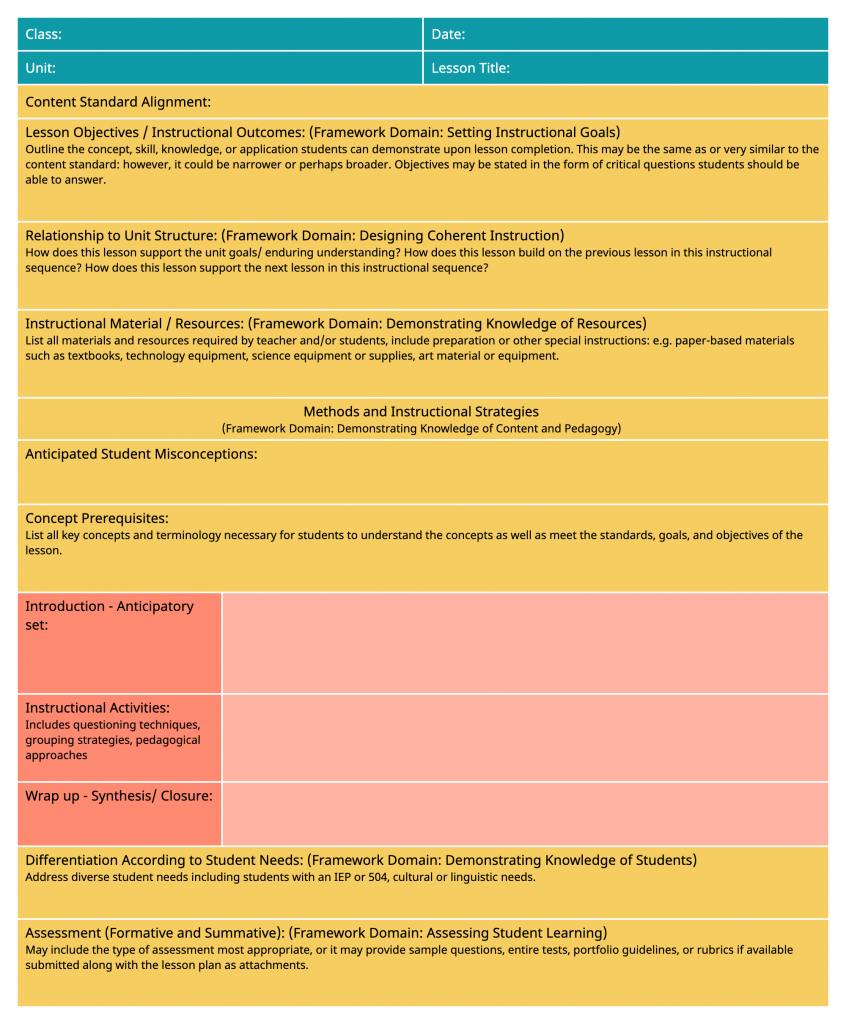
- Make plans interactive by sharing links with your students
- Share peer to peer feedback with remote students
- Convey to students that online classes and in-person classes are equally important
- Include the requirements of the class in your planning process
- Put chat tools to use for real-time interactions
- Structure your remote classes in a way that suits the learning styles of your students
Got More Classroom Management Strategies?
To wrap up, effective classroom management requires attention to detail and clarity of purpose. Another thing worth remembering is that the higher the levels of student engagement, the simpler is the art of classroom management.
When you engage students in different classroom activities, you can eliminate disruptions in the classroom. Further, managing virtual classes can be a little more complex than managing a physical classroom. However, remote learning offers great flexibility and scope for innovation. The more you innovate, the better the manager you turn out to be.
Finally, you need a clear understanding of students’ behaviors and shortcomings to identify the hindering factors. To reiterate, you are already doing a great job. The above classroom management strategies will add more feathers to your illustrious cap.
Author Bio
Jessica Robinson creates content for The Speaking Polymath and her content reflects her highly intellectual vision. She is an educator herself but she loves to learn from everyone around her. She never limits herself to what she knows, she is always curious to grasp more. You can find her on LinkedIn.
